He turned a struggling PR firm into an African success story, built one of Nigeria’s most promising marketing technology platforms, and still finds time for poetry, golf, and a Friday night Netflix binge. Managing Consultant, Precise Reputation Design, Bolaji Okusaga, the man who hates low standards, talks to Adedayo Adejobi about reputation, leadership and of life
By the time Bolaji Okusaga turned 54, he had learned two enduring truths: life is short, and reputations —personal or national — are never static.
“Reputation,” he says, “is constantly evolving. Once you accept you have a problem, you can build change into the equation.”
It sounds like a line from a reformist manifesto, and in many ways, Okusaga has been writing his own—one campaign, one crisis, and one idea at a time.
Public relations wasn’t love at first sight. “I didn’t deliberately go into PR,” he admits with a wry smile.
“For us to exist in society, we must relate among ourselves. It’s the quality of these relationships that determines the quality of education, service, and even civilisation.”
He began as a journalist—sharp, restless, literary—before crossing into the corporate world at Marina Bank and later Access Bank.
In 2006, he was tapped to lead Quadrant, Nigeria’s oldest PR firm, then tottering on the edge. By 2012, he had turned it around, taking it from a loss leader to one of the most profitable communications consultancies in Africa.
That same year, Quadrant won African PR Consultancy of the Year at the SABRE Awards in Brussels—the first by a Nigerian firm. “That,” he recalls, “was my proudest professional moment.”
If PR once meant press releases, coffee meetings, and stacks of newsprint, Okusaga saw early that the game was changing.
“In the past, you’d go to media houses with flash drives and printed materials,” he says. “Now everything happens online. The principles remain, but the practice is changing.”
When COVID-19 brought the world to a halt, his firm pivoted quickly.
“We now deploy campaigns remotely. We run digital monitoring with analytics. Circulation may be shrinking, but readership is growing in the digital sense.”
To him, this wasn’t just adaptation—it was evolution. His firm, Precise Reputation Design, and its martech arm, Teon Engine, now blur the line between communication and computation.
Under his watch, Teon Engine launched three proprietary tools—TrendTeon, PollTeon, and SurveyTeon—each designed to help brands understand and influence audiences in real time.
“The future agency will be tech-based,” he predicts, “aggregating intelligence and creating phenomenal value.”
TrendTeon measures influencer marketing impact in real time. PollTeon gamifies public opinion with reward-based participation, while SurveyTeon distills intelligent insights to guide brand decisions.
The vision is simple but radical: marketing powered by empathy, precision, and data—African intelligence, global execution.
For all his industry talk, Okusaga is never far from the question of Nigeria’s image—the paradox of a brilliant people trapped in a tired narrative.
“Nigeria has a reputation problem,” he says bluntly. “But once we admit that, we can evolve again. The same country that produces the bad eggs also has some of the most educated diaspora contributing immense value globally. Once leadership gets it right, we can tell a new story—with proof points.”
It’s not mere optimism. It’s strategy. “Reputation isn’t a fluke,” he adds. “It’s the reality that people experience and retell.”
If PR made him a strategist, literature made him a philosopher. Okusaga read Dramatic Arts at Obafemi Awolowo University before earning a Master’s in Communication and Language Arts from the University of Ibadan. The blend of theatre and theory is obvious in his cadence—each phrase lands like dialogue, each idea like stage direction.
He reveres Wole Soyinka and confesses to modelling much of his early ambition on him. “I wanted to be a writer,” he says. “I realised society had evolved—few sit down to read essays today. I wanted to do something more contemporary, more impactful. PR became an extension of that dream.”
He still writes poems and essays, “when time allows.” His Facebook posts, part wit and part wisdom, often go viral—mini masterclasses in philosophy disguised as social media updates.
“The world was created by God but re-created by thinkers.”
Okusaga’s intellectual north star is Obafemi Awolowo, the visionary leader of Western Nigeria in the 1950s. “Awolowo saw before his time,” he says, eyes gleaming. “He understood that development is about people, not factories. Western Nigeria Television came before South Africa’s. The first Olympic stadium, the Cocoa House—all from his vision. You can hate him, but you can’t fault his logic.”
To him, Awolowo belongs in the global pantheon of thinkers who reimagined their worlds. “He may never have become President,” Okusaga says, “but he remains my hero.”
If there’s one thing Okusaga cannot abide, it’s flattery. “I have an irrational hatred for sycophants,” he says. “The best love you can give a man is to tell him the truth—even if it’s tough love.”
It’s an attitude that has earned him admiration and, occasionally, friction. “I suffer consequences from time to time,” he laughs, “but my good intentions usually bail me out.”
Away from the boardroom, Okusaga is disarmingly human.
He doesn’t eat breakfast— “Just lemon, green tea, turmeric, and water to detox.” Fridays are sacred: Netflix nights with his wife. “It’s the only time I have to bond with her. Fridays are for movies and laughter.”
Marriage, he admits, “is a mixed bag of challenges.” He doesn’t romanticise it. “If you don’t agree, you’re pretenders in that boat. You must always find compromise.”
At 54, he reflects without sentimentality. “It tells me I’m coming of age. Life is short. I’ve got to do so much in the next 10 years to earn the retirement I want.”
He finds serenity at hole 19 of the golf course, a cold drink in hand. “Right now, I’ve lost anything called handicap,” he grins. “But I’ll get it back soon.”
“The best love you can give a man is to tell him the truth.”
When asked if politics beckons, Okusaga shakes his head. “Man is a political animal,” he concedes. “You may not be an active participant, but you can’t be apolitical. You will always have a view on what a better society should be.”
That view, for him, is a blend of pragmatism and hope—a society that prizes intellect, education, and dignity.
“Once we begin to get leadership right, it’ll have an impact on the economy,” he insists. “We can transform, and we can tell that story of transformation convincingly.”
If he were to write his epitaph, it would read simply: A father, a professional, and a thinker who tried to do his best.
It’s deceptively modest for a man whose career has helped reshape the contours of communication in Nigeria. Yet, it captures the quiet philosophy behind everything he does—the belief that thought, when disciplined, can reform institutions, industries, even nations.
Okusaga is part of a generation of African professionals who see communication not as publicity but as infrastructure—a bridge between perception and progress. “The future,” he says, “belongs to those who can blend creativity with intelligence and empathy.”
“Reputation isn’t a fluke—it’s the reality that people experience and retell.”
As our conversation ends, he checks his phone. Somewhere, a campaign is trending, a client is calling, a country’s image is wobbling. The man who once wanted to be a playwright is still scripting scenes—only now, the stage is bigger and the stakes far higher.
For Bolaji Okusaga, the performance goes on. And so does the pursuit of excellence.



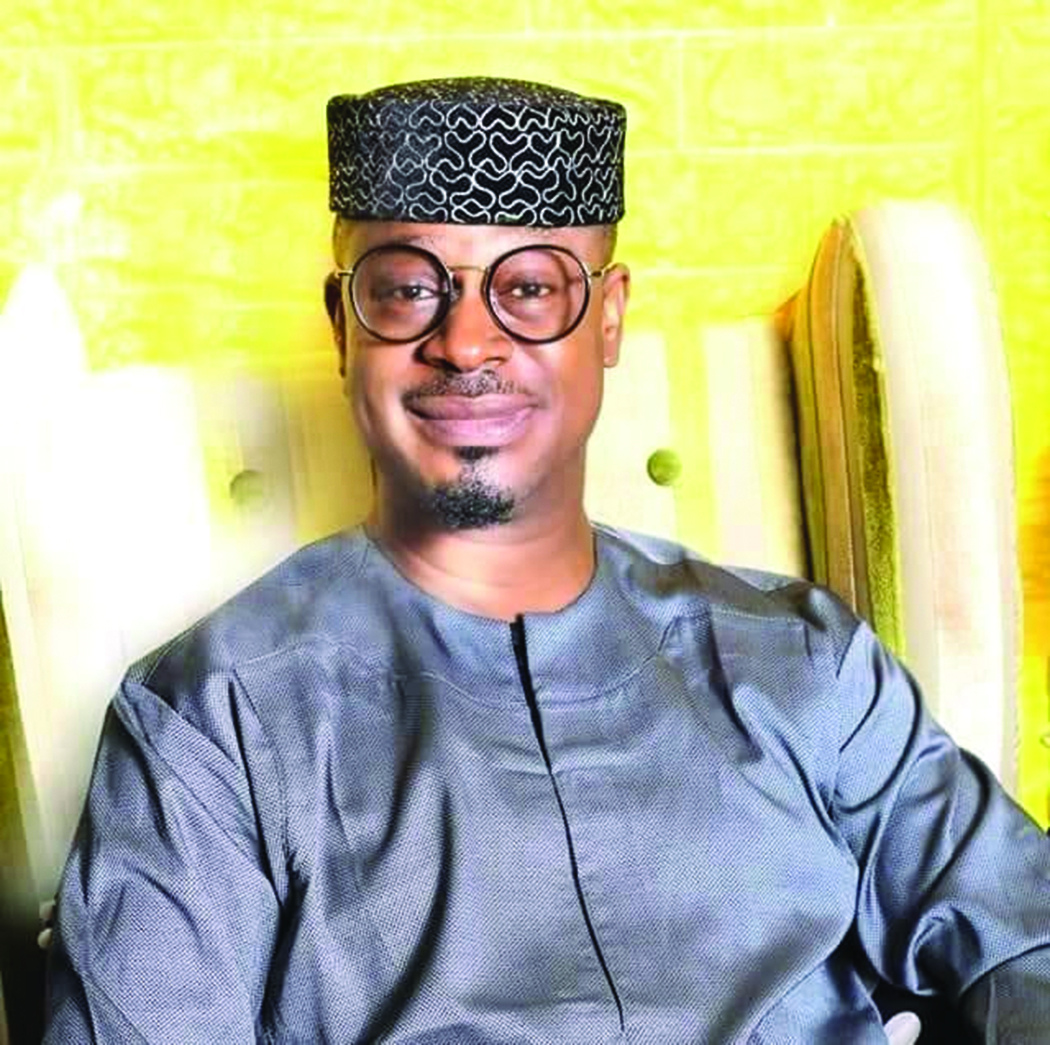
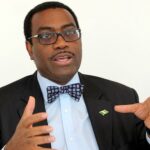
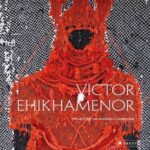


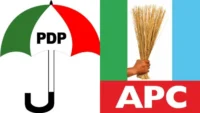
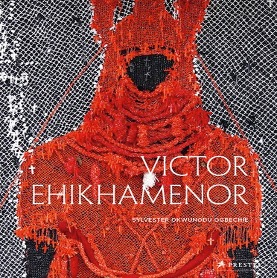
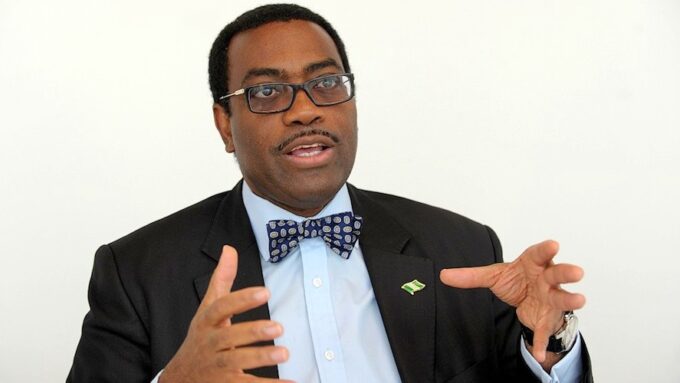
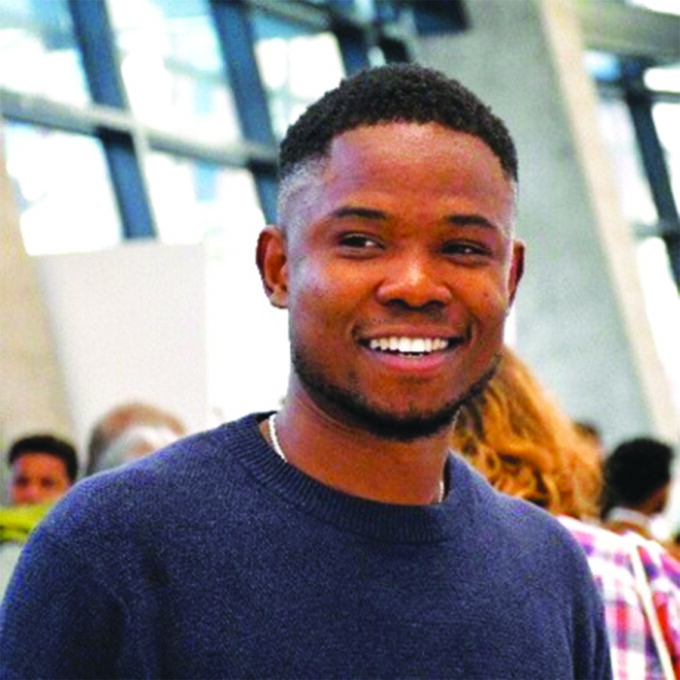
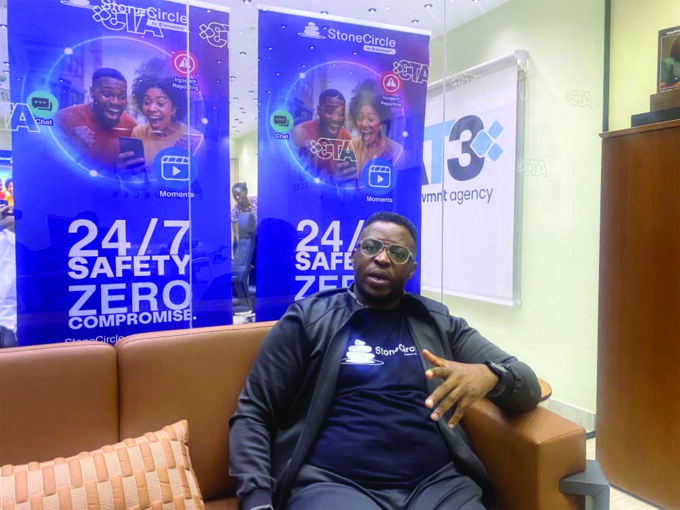



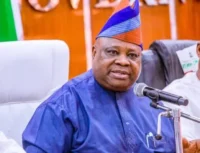
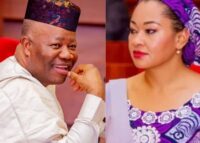
Leave a comment